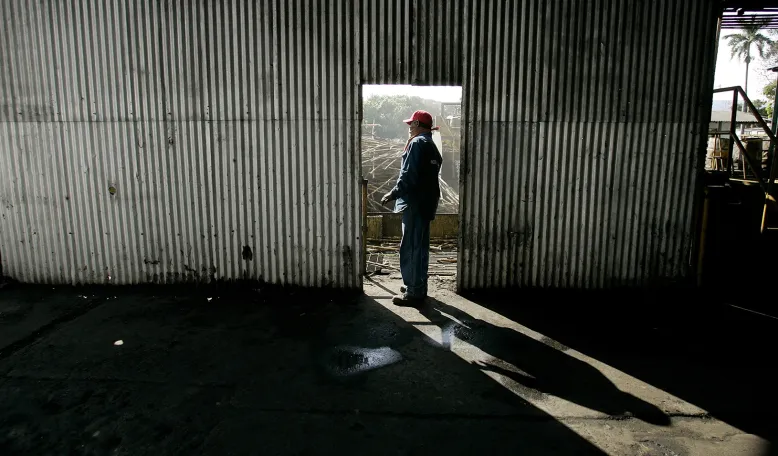Curriculum
Are you prepared to cope with critical beyond-market forces such as governments, regulatory agencies, the media, courts, and influential activists?
Managing Risk and Reputation in a Complex World’s curriculum combines real-time business cases and cutting-edge academic research to discover how your company’s interactions with beyond-market forces can impact your practices, reputation, and performance.
In this intensive program you’ll develop holistic strategies to harness non-market forces, successfully manage risk, and seize new opportunities to create a competitive edge for your company.
- Explore topics ranging from big-data analysis of stakeholder sentiment to entrepreneurship in the shadow of regulation.
- Learn strategies and tips from top-level experts.
- Learn about new legislation and what’s hot in government affairs.
Course Highlights
Below are just a few of the sessions you’ll attend as part of the program.
Innovation and Regulation
A common attitude in Silicon Valley — and among innovators generally — is that the quality of the idea will take care of itself and that the government is irrelevant (not to mention stuffy and bureaucratic). Time and time again, this attitude has been proven wrong. All markets are regulated, and often the rules of the game for a market are set before the market even exists.
Understanding the regulatory rules that are in place and designing a business plan that takes them into account is an important part of business innovation. In this session, you’ll explore how startup and established companies alike can build strategies to account for regulatory constraints, and formulate new business strategies that leverage regulation for competitive advantage.
Crisis Management
What should management do when a crisis focuses the harsh spotlight of public opinion on their organization? Whether it results from a company’s own missteps (think BP) or from strategic activism or media action (think Greenpeace), dealing with crisis is increasingly on the agenda for today’s executives.
In this session, you’ll examine the nature of crises and develop a deeper understanding of where they come from, how they evolve, and what you can do about them. You’ll explore the skills and organizational structures required to prepare for, and productively manage, a crisis to avoid bringing lasting damage to a firm’s reputation.
Self-Regulation
In this session, you’ll analyze how self-regulation can be used as a tool to deal with threats ranging from consumer backlash to the threat of future governmental regulation. You’ll also consider several obstacles that arise as companies and industries try to engage in self-regulation. You’ll learn about recent successes and failures in self-regulation, covering issues like privacy, consumer credit, movie ratings, and conflict minerals.
Strategic Corporate Responsibility
Key stakeholders often have conflicting interests. How should a company strike a balance among competing interests? Is trying to strike a balance even a smart strategy? Should that be the objective? What about the business’s responsibility to its shareholders? And, regardless of whether the goal is to benefit shareholders or a broader set of stakeholders, how should a company assess the effectiveness of its corporate social-responsibility initiatives?
In this session, you’ll assess these questions by analyzing controversies over intellectual property rights for Covid-19 vaccines.




